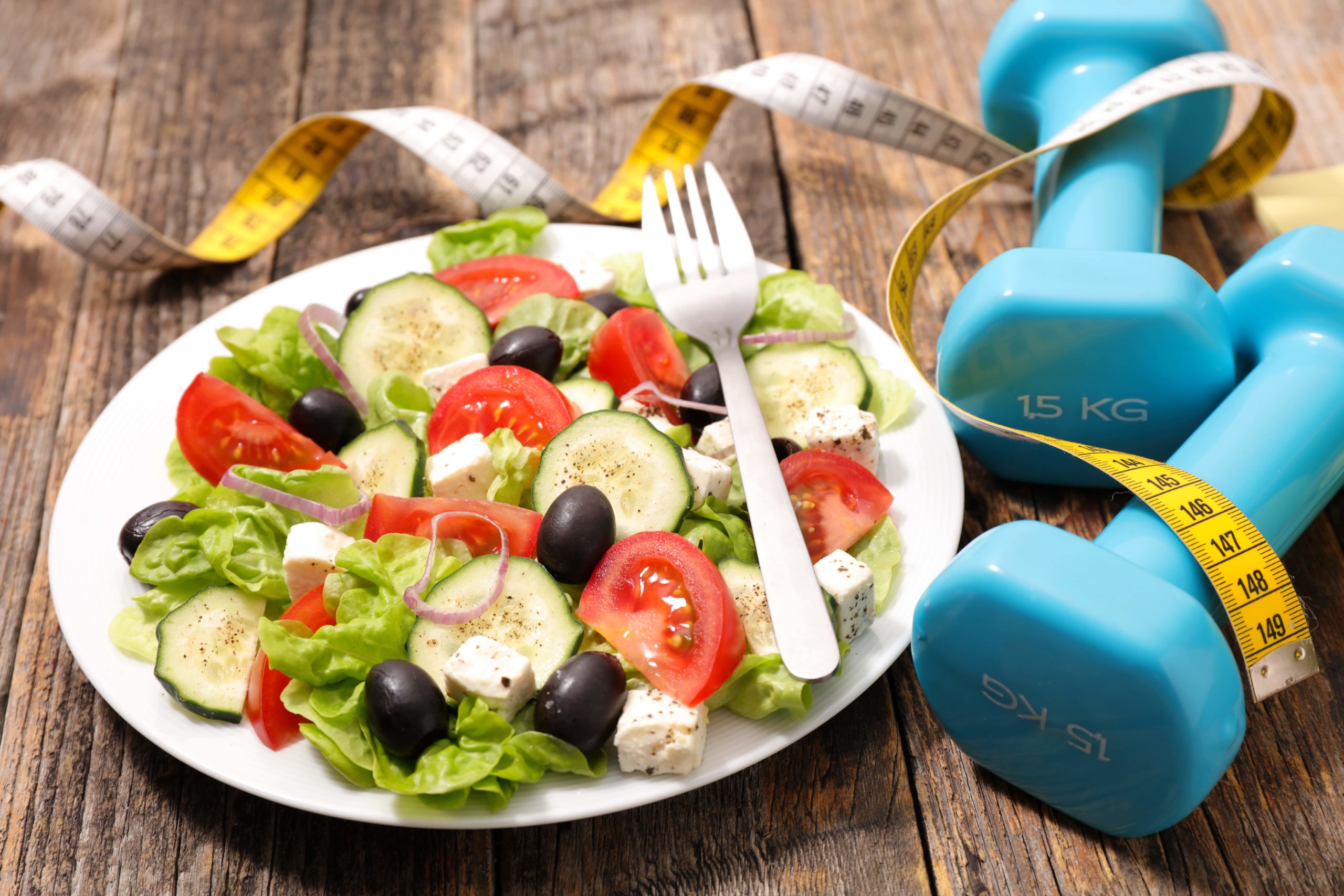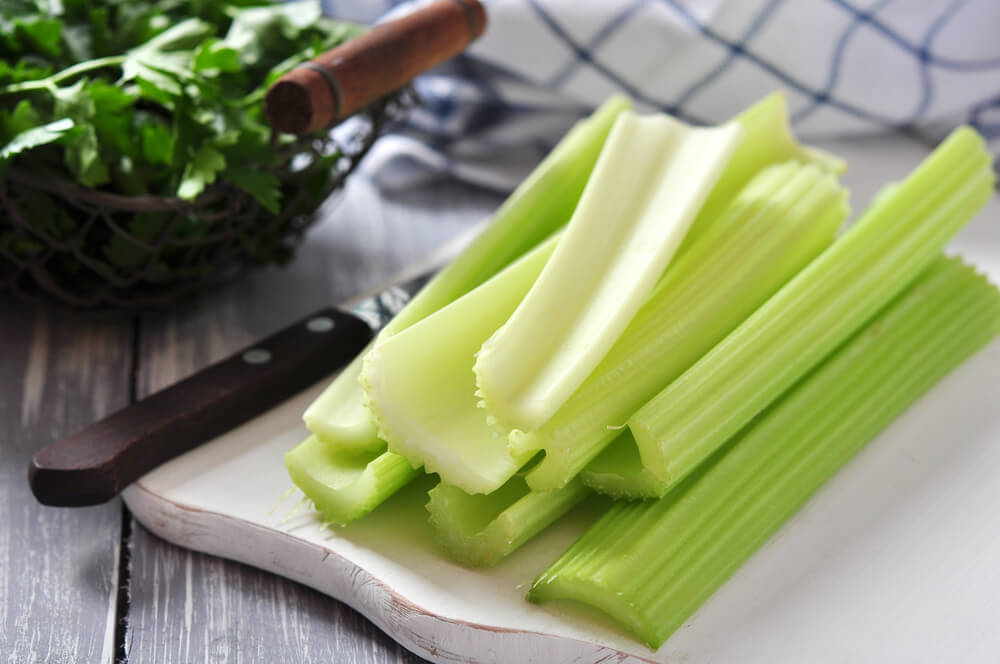
7 Ways to Keep Weight Off (Updated 2023 Guide)
Updated 3 May 2023
Losing weight is difficult, so if you’ve managed to shed a few kilos, it’s completely understandable to want to do anything you possibly can to keep that weight off for good. Luckily for you, this article will step you through seven proven ways to keep weight off!
How To Keep Weight Off
1. Don’t drastically change your diet:

Many fad diets and quick-fix weight loss diets are unsustainable, so it’s best to start moving towards a more ‘normal’ diet once you’ve got yourself into good shape, but we don’t want to change eating habits rapidly as this can often cause weight gain. Remember – the eating habits you’ve adopted to lose the weight, are likely going to be many of the same habits that help you keep it off. But, it’s all about moderation.
A great way to transition from a fat weight loss diet, back to a more normal diet is to make 1-2 changes per week. The transition from hard-core diet back to eating as you were previously is one of the things that trip people up. It’s all-to-easy to fall back into old habits!
2. Don’t completely drop your current exercise routine:

Similarly to diet, the exercise routine you’d adopted to lose the weight was burning the extra calories that afforded you more of a leeway when it came to how much you could eat, whilst still losing weight.
To stop exercising completely would be losing this crucial advantage. Regular exercise is a key part to maintaining healthy weight. A good tactic is to “prepay” your calories.
This means, if you know you’re going to be eating more than usual, or perhaps a treat meal tomorrow, hit the gym today so that you can enjoy the meal without worrying about the calories – they’ve already been burned in advance!
3. Make sure not to eat too late at night:

Eating food during the day allows your body to effectively burn those calories for energy throughout the day. If you eat too close to your bedtime, you are not giving your body enough time to burn off the energy and it is likely that the extra energy will be stored as fat while you sleep. A simple guideline is to try to eat dinner before 7pm (preferably sooner) and then not eat again until you wake in the morning.
4. Make sure to get at least 8 hours of sleep:

It may not always be possible, but getting enough sleep is one of the most important things you can do to not only keep off weight, but to improve your overall health. Fat is primarily burnt during sleep, to not sleep enough would mean to inadvertently gain more weight than usual. Having adequate sleep also gives you sufficient energy for exercise the next day – it’s no fun working out when you’re feeling half-asleep!
5. Don’t consume too much alcohol:

When you drink alcohol, your body prioritises filtering the toxin and not digesting the food you recently ate. Beyond this, alcohol contains calories. A golden rule to live by when trying to spped up your metabolism is to avoid “drinking your calories”. Less is more (beneficial) when it comes to alcohol consumption.
6. Try to increase your overall muscle mass:

Increasing the amount of lean muscle mass you have will increase the number of calories you burn at rest. This is because your body has to use calories to keep the muscle cells alive, and to repair the little micro tears that happen during exercise. Increasing lean muscle mass = free fat burning, very day!
7. Eat more protein and fat than carbs:

Most protein and fat (all types) tend to have a longer and thus slower release of insulin, which helps you feel fuller for longer. Carbohydrates however come into forms: Simple and Complex. Most carbs are simple (even fruits), which mean that that are fast releasing, and they spike your insulin levels, which leave you feeling hungry much sooner.
You do need carbs however, so sticking to complex carbs is best: Banana’s, Potatoes, Brown Rice, Quinoa, Brown bread/Whole wheat and Oats (just a few examples).
When starting any new diet or nutritional program, we recommend that you seek the advice and support of a qualified professional to ensure that it is suitable for you and your individual circumstances.




